Treasures of Belgium # 8 - Bruges 🚣♀️
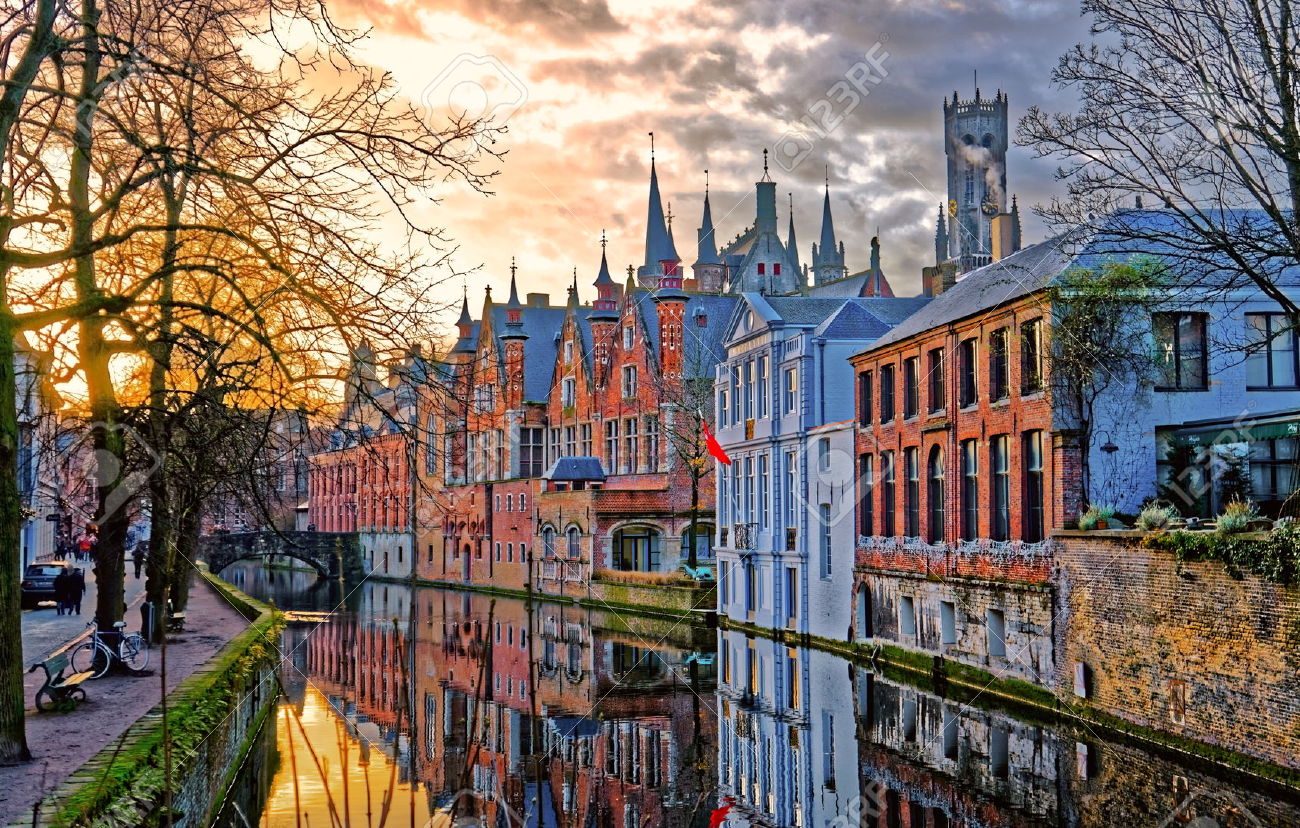
The city
Bruges is the capital and largest city of the province of West Flanders in the Flemish Region of Belgium, in the northwest of the country.
The area of the whole city amounts to more than 13,840 hectares, including 1,075 hectares off the coast, at Zeebrugge. The historic city centre is a prominent World Heritage Site of UNESCO. It is oval and about 430 hectares in size. The city's total population is about 117,073 of whom around 20,000 live in the city centre.
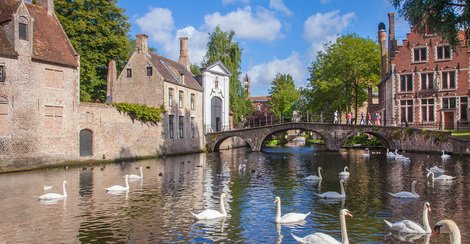
The metropolitan area, including the outer commuter zone, covers an area of 616 km2 and has a total of about 255,844 inhabitants.
Along with a few other canal-based northern cities, such as Amsterdam, it is sometimes referred to as The Venice of the North. Bruges has a significant economic importance thanks to its port and was once one of the world's chief commercial cities. Bruges is well known as the seat of the College of Europe, an elite university institute for European studies regarded as "the EU's very own Oxbridge."
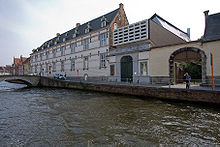
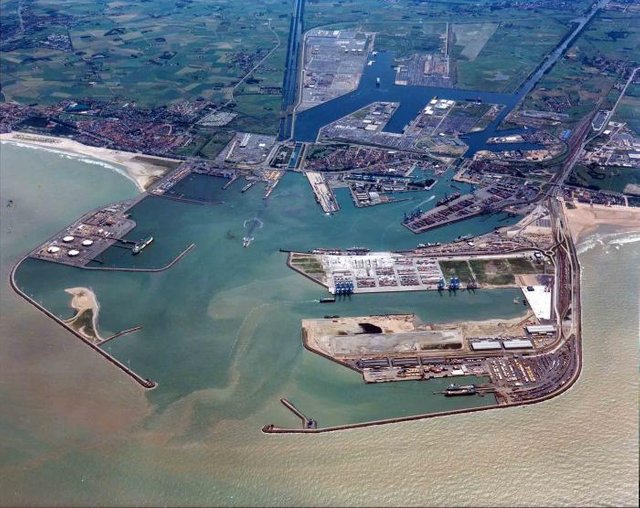
The place is first mentioned in records as Bruggas, then as Bruciam, Brutgis uico (toward end of the 9th century), in portu Bruggensi, Bruggis, Bricge (1037, in the Anglo-Saxon Chronicle), ... and Brugge in 1116.
The name probably derives from the Old Dutch for "bridge". The Dutch word and the English "bridge" both derive from Bruges.
Origins
Bruges was a location of coastal settlement during prehistory. This Bronze Age and Iron Age settlement is unrelated to medieval city development. In the Bruges area, the first fortifications were built after Julius Caesar's conquest of the Menapii in the first century BC, to protect the coastal area against pirates.
The Franks took over the whole region from the Gallo-Romans around the 4th century and administered it as the Pagus Flandrensis. The Viking incursions of the ninth century prompted Count Baldwin I of Flanders to reinforce the Roman fortifications; trade soon resumed with England and Scandinavia. Early medieval habitation starts in the 9th and 10th century on the Burgh terrain, probably with a fortified settlement and church.
Bruges has most of its medieval architecture intact, making it one of the most well-preserved medieval towns in Europe. The historic centre of Bruges has been a UNESCO World Heritage Site since 2000. Many of its medieval buildings are notable, including the Church of Our Lady, whose brick spire reaches 122.3 m (401.25 ft), making it one of the world's highest brick towers/buildings.
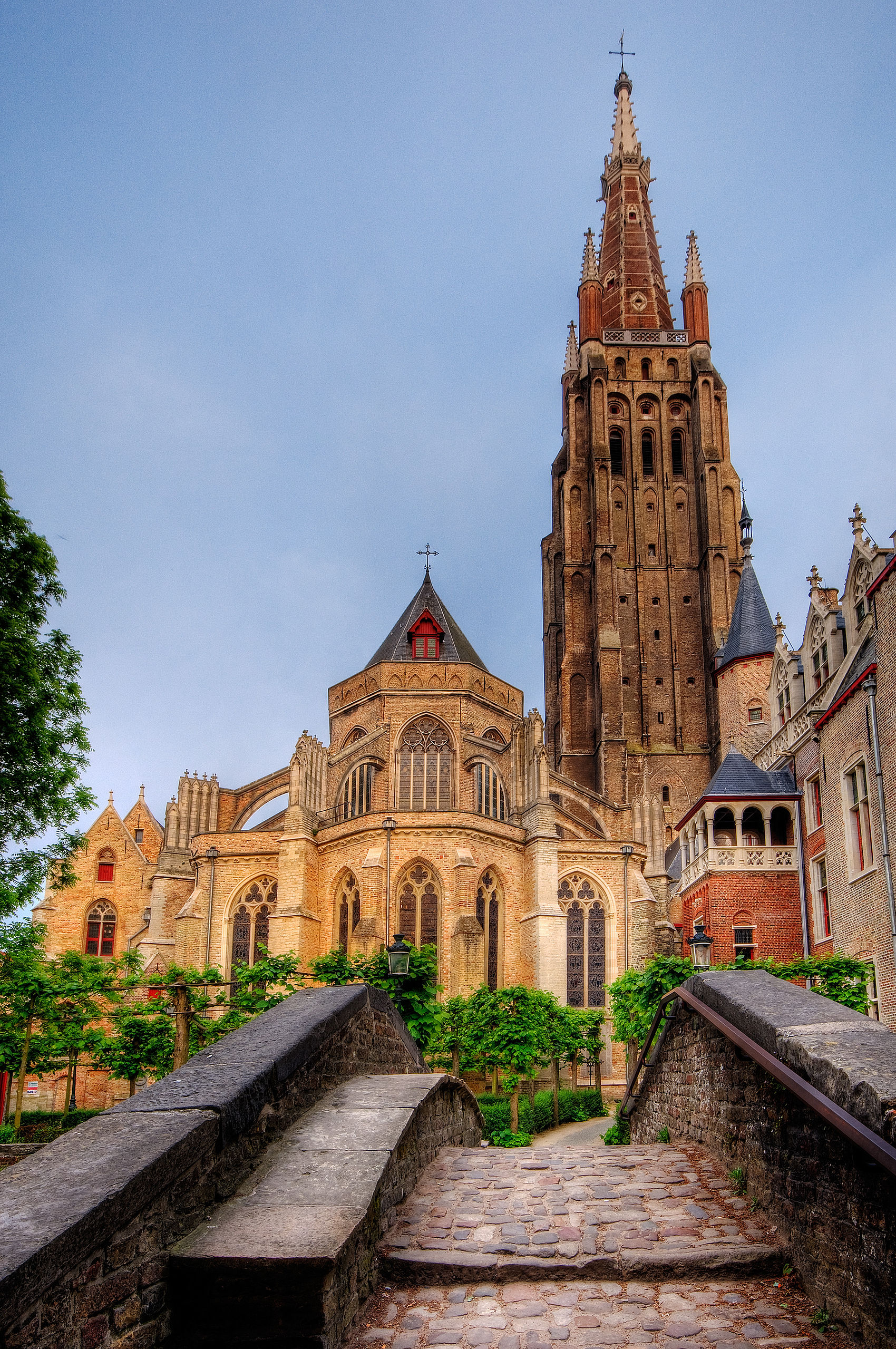
The sculpture Madonna and Child, which can be seen in the transept, is believed to be Michelangelo's only sculpture to have left Italy within his lifetime.
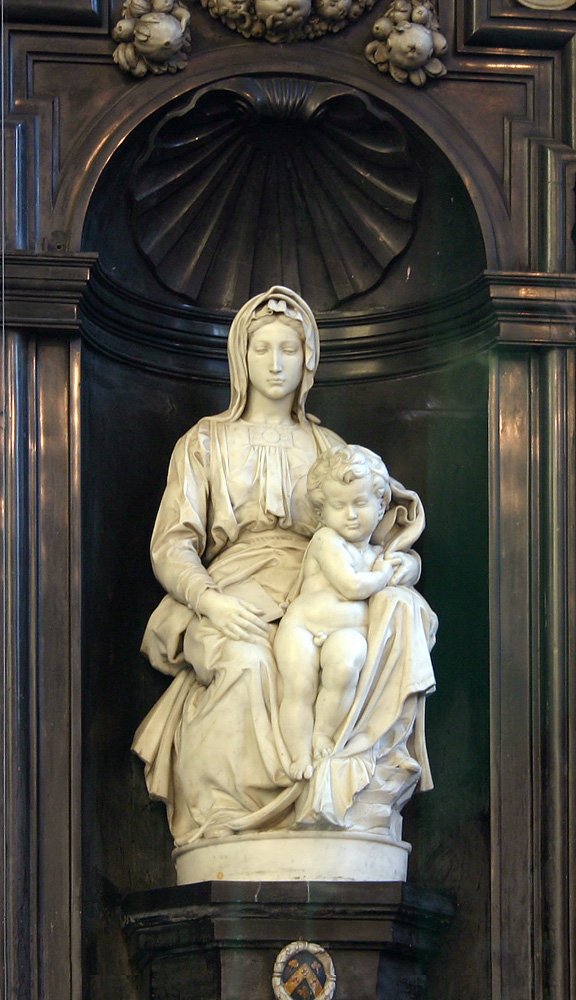
Bruges' most famous landmark is its 13th-century belfry, housing a municipal carillon comprising 48 bells. The city still employs a full-time carillonneur, who gives free concerts on a regular basis.
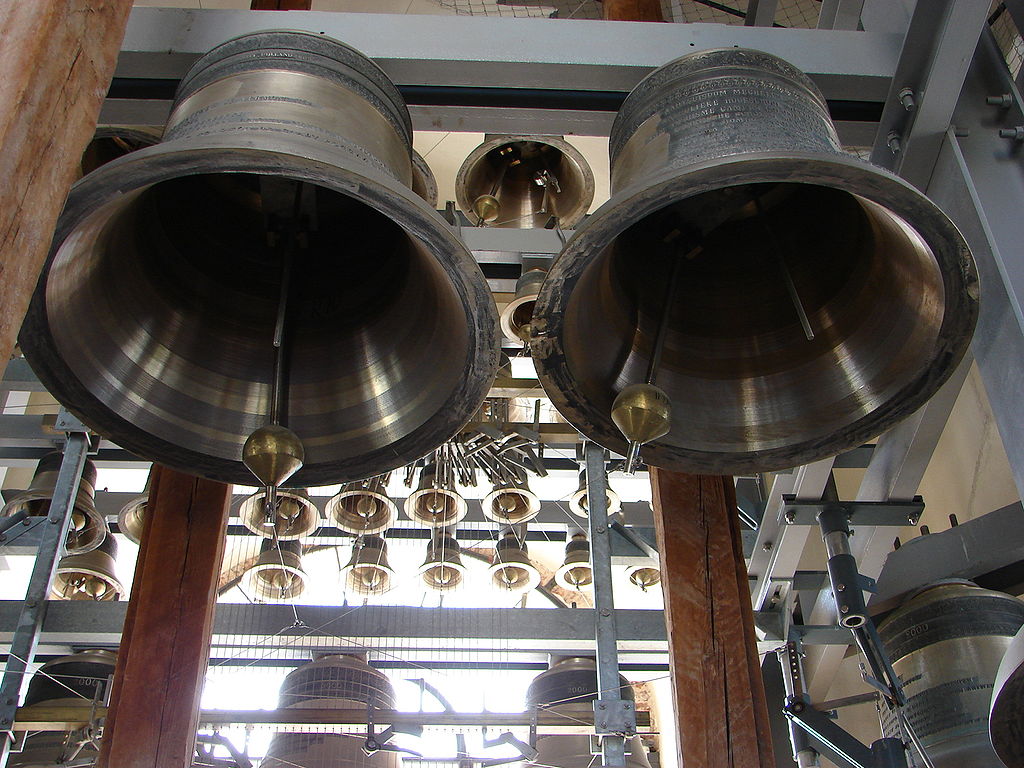
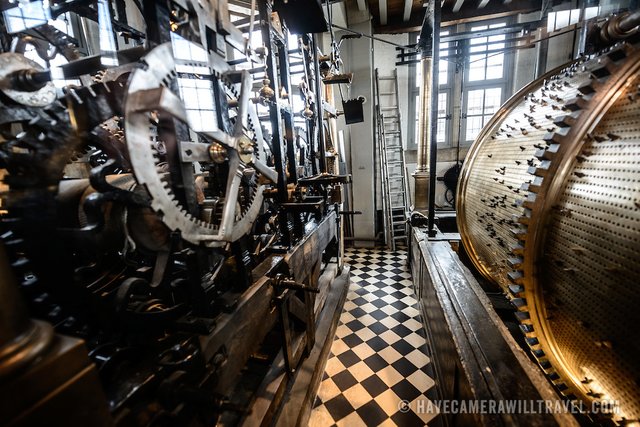
Other famous buildings in Bruges include:
· The Béguinage
· The Basilica of the Holy Blood. The relic of the Holy Blood, which was brought to the city after the Second Crusade by Thierry of Alsace, is paraded every year through the streets of the city. More than 1,600 inhabitants take part in this mile-long religious procession, many dressed as medieval knights or crusaders.
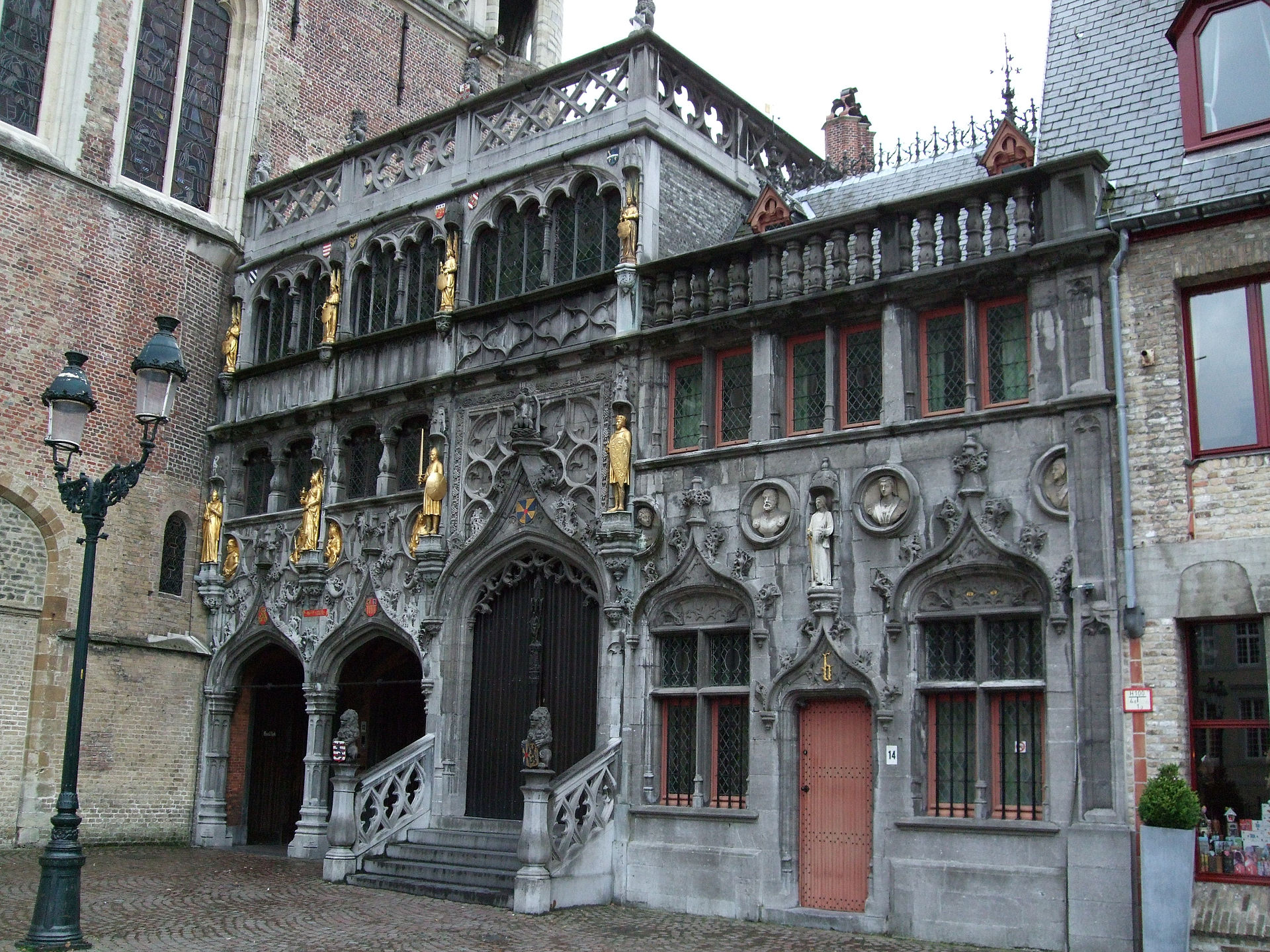
· The modern Concertgebouw ("Concert Building")
· The Old St. John's Hospital
· The Saint Salvator's Cathedral
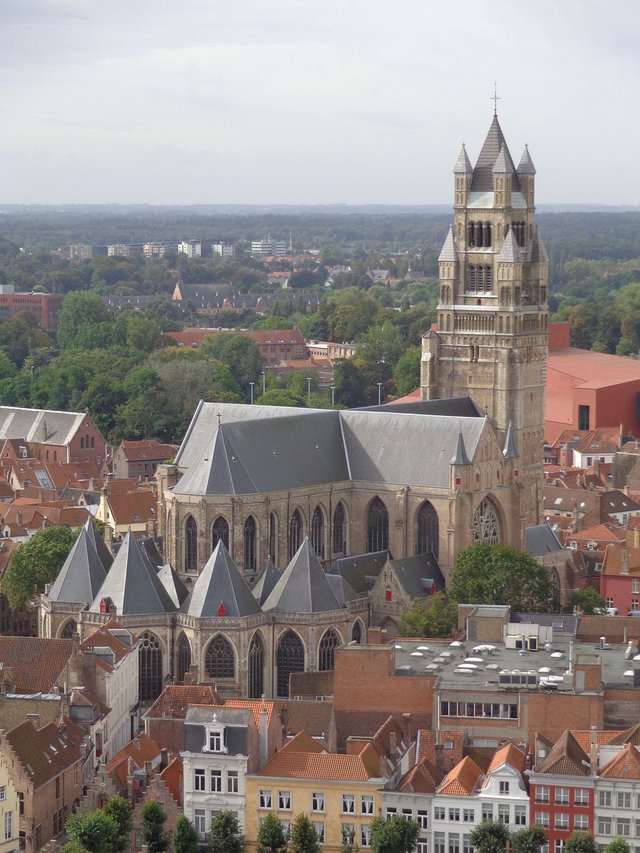
· The Groeningemuseum, which has an extensive collection of medieval and early modern art, including a notable collection of Flemish Primitives. Various masters, including Hans Memling and Jan van Eyck, lived and worked in Bruges.
· The City Hall on the Burg square
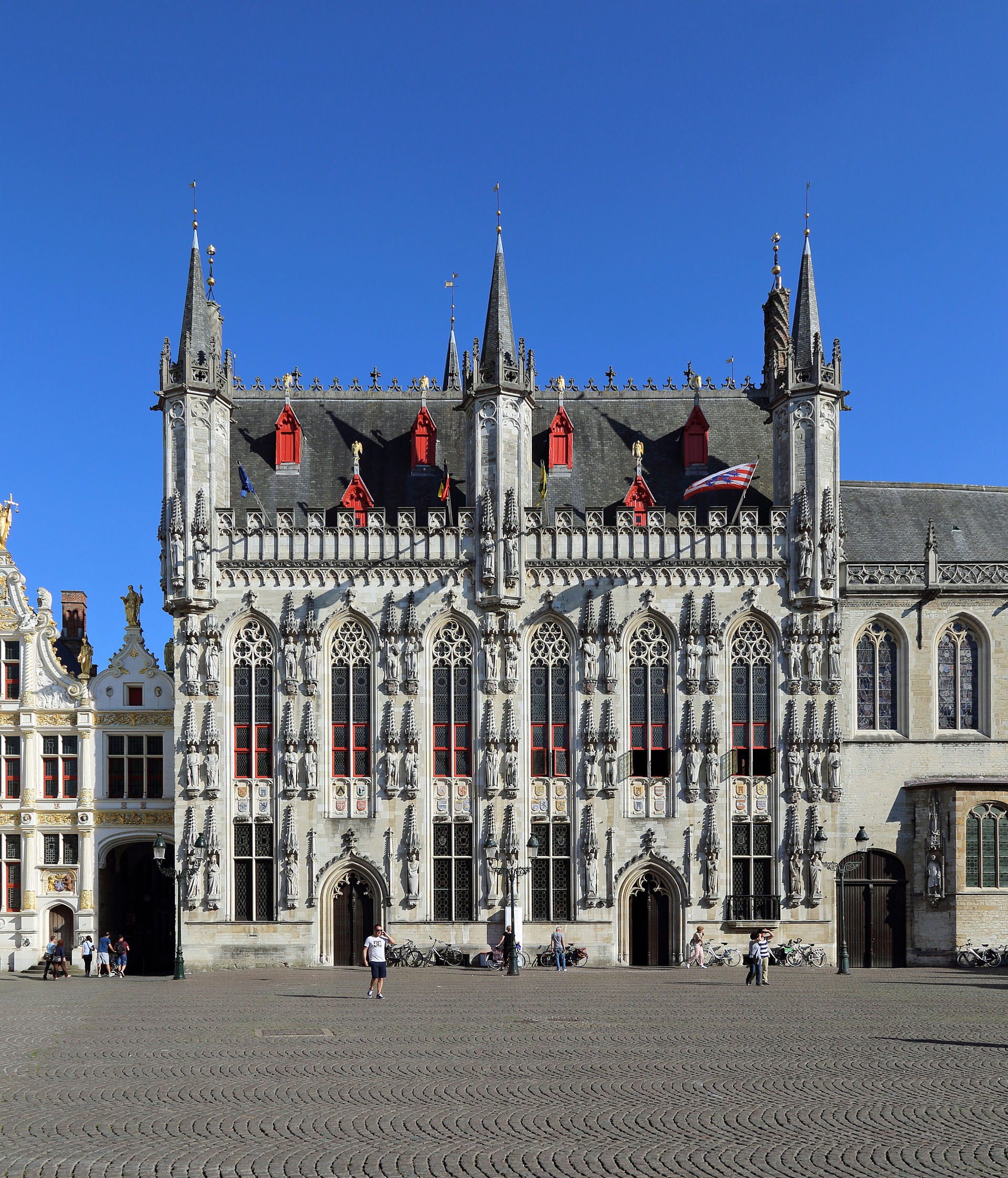
· The Provincial Court
· The preserved old city gateways: the Kruispoort, the Gentpoort, the Smedenpoort and the Ezelpoort. The Dampoort, the Katelijnepoort and the Boeveriepoort are gone.
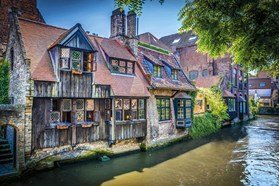
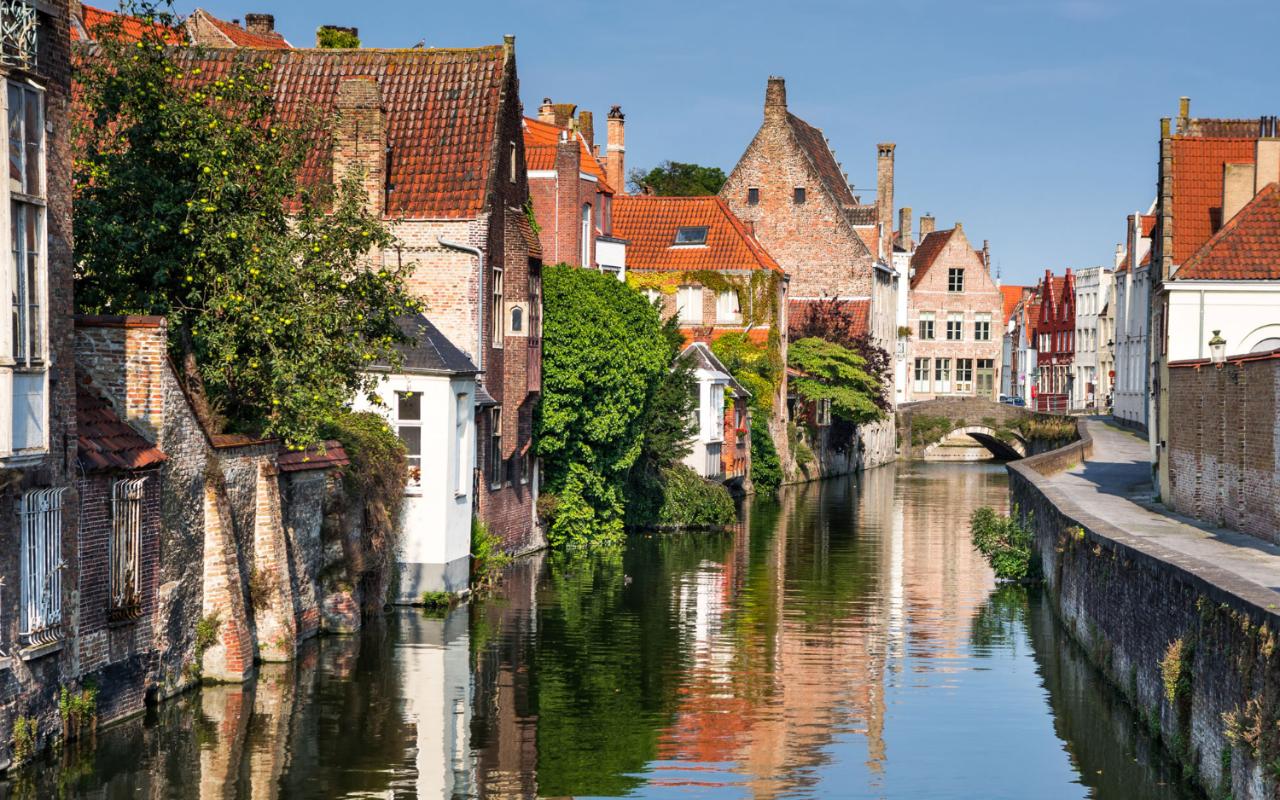
thanks 4 sharing
Wow amazing bro good job 👍👍
Thank you 😉
good
Woah, Amazing photos! Very informative post, thanks for sharing this with us! Upvoted and follow you!
Thank you 😉
Great post , it is very complete, I like it, you can follow my posts , these days we are talking about the French atlantic Coast...you can enjoy them
Upvoted your last posts 👍
Perfect view
I hope you will continue to share more such posts in the days to come!
Yes I'll do 😉
Hermoso!
Oh what a lovely place, It has an astonishing architecture. Totally gonna have this place in my favorite places to travel. What camera did you used?
👍😉
beautiful pictures a wonderful work, I follow you I upvote
Thann you 😉